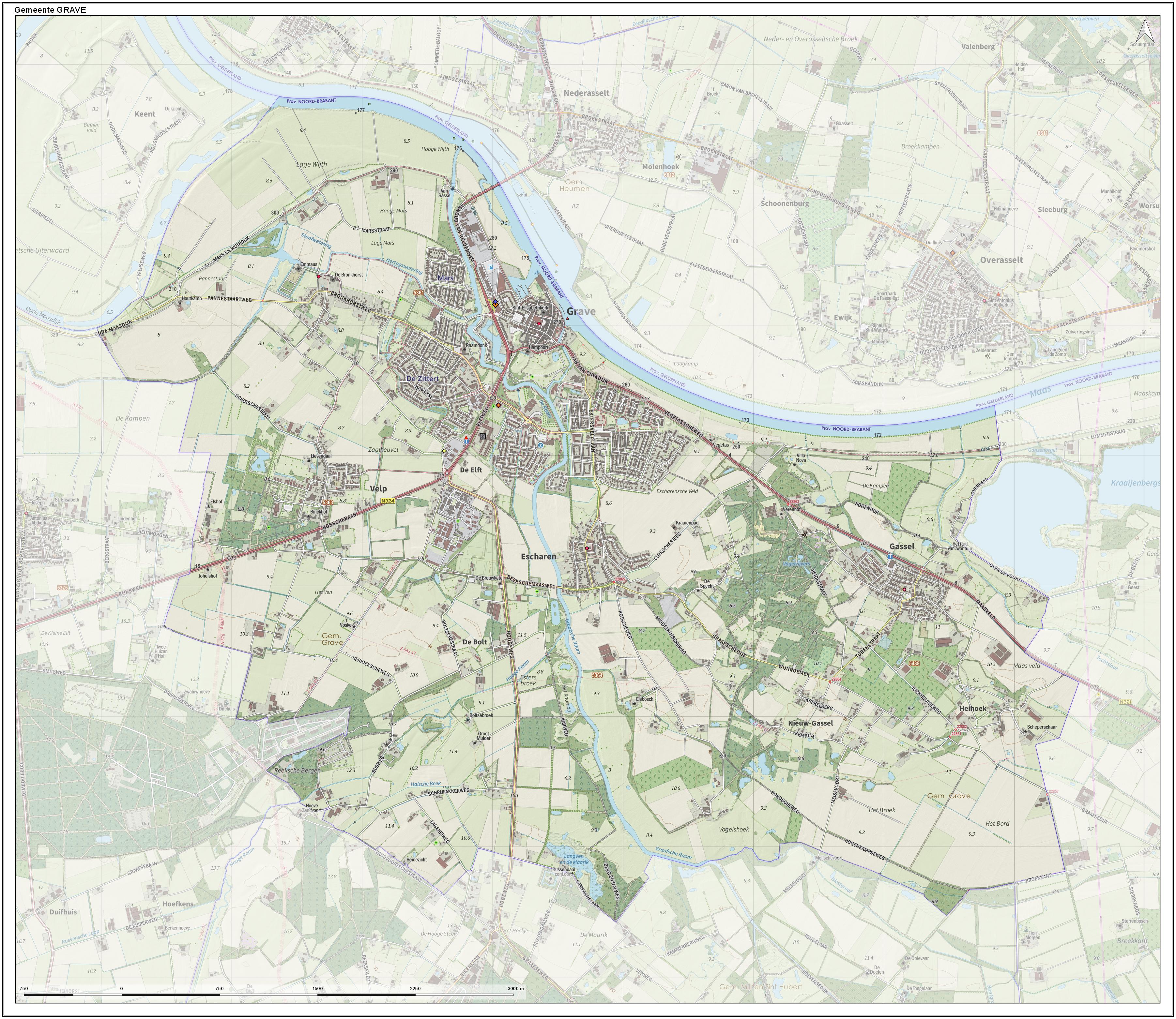|
Johannes Wier
Johann Weyer or Johannes Wier ( la, Ioannes Wierus or '; 1515 – 24 February 1588) was a Dutch physician, occultist and demonologist, disciple and follower of Heinrich Cornelius Agrippa. He was among the first to publish against the persecution of witches. His most influential work is ('On the Illusions of the Demons and on Spells and Poisons'; 1563). Biography Weyer was born in Grave, a small town in the Duchy of Brabant in the Habsburg Netherlands. He attended the Latin schools in 's-Hertogenbosch and Leuven and when he was about 14 years of age, he became a live-in student of Agrippa, in Antwerp. Agrippa had to leave Antwerp in 1532 and he and Weyer settled in Bonn, under the protection of prince-bishop Hermann von Wied. (Agrippa completed a work on demons in 1533 and perished two years later while on a trip to France). From 1534, Weyer studied medicine in Paris and later in Orléans, but it appears unlikely that he obtained the title of Doctor through these s ... [...More Info...] [...Related Items...] OR: [Wikipedia] [Google] [Baidu] |
Grave, Netherlands
Grave (; formerly ''De Graaf'') is a city and former municipality in the Dutch province of North Brabant. The former municipality had a population of in . Grave is a member of the Dutch Association of Fortified Cities. The former municipality included the following towns : Grave (capital), Velp, Escharen and Gassel. Grave, Boxmeer, Cuijk, Mill en Sint Hubert, and Sint Anthonis merged into the new municipality of Land van Cuijk on 1 January 2022. History Grave received city rights in 1233. The former municipality of Grave was formed in the Napoleonic era (1810) and coincided with the fortified Grave and immediate surroundings. The history of the town was thus linked to that of the place. This changed in 1942. Then there was a reclassification place where the municipality Grave was expanded with the previously independent municipalities Velp and Escharen. Moreover, in 1994 the neighboring municipality of Beers was abolished and a part thereof, the parish Gassel, wa ... [...More Info...] [...Related Items...] OR: [Wikipedia] [Google] [Baidu] |
Medicine
Medicine is the science and practice of caring for a patient, managing the diagnosis, prognosis, prevention, treatment, palliation of their injury or disease, and promoting their health. Medicine encompasses a variety of health care practices evolved to maintain and restore health by the prevention and treatment of illness. Contemporary medicine applies biomedical sciences, biomedical research, genetics, and medical technology to diagnose, treat, and prevent injury and disease, typically through pharmaceuticals or surgery, but also through therapies as diverse as psychotherapy, external splints and traction, medical devices, biologics, and ionizing radiation, amongst others. Medicine has been practiced since prehistoric times, and for most of this time it was an art (an area of skill and knowledge), frequently having connections to the religious and philosophical beliefs of local culture. For example, a medicine man would apply herbs and say prayers for healing, o ... [...More Info...] [...Related Items...] OR: [Wikipedia] [Google] [Baidu] |
Konrad Heresbach
Konrad Heresbach (28 August 1496 – 14 October 1576) was a Rhenish Reformer, Calvinist, humanist and educator. Biography Konrad or Conrad Heresbach was born at Manor Herzbach near Mettmann as the youngest of seven children to the wealthy holder of the Herzbach estate. In 1503, he left Mettmann to attend the Latin ecclesiastical school at the Benedictine Monastery at Werden. Here he became acquainted with the Latin language through reciting the biblical Psalms. Two years later he was schooled at the Latin school in Hamm, which provided children from the wealthy Rhenish– Markian bourgeois with an education. From 1510 onwards, he attended the cathedral school at Münster, and from 1512 the University of Cologne of liberal arts. Here he read Ancient Greek and Hebrew—graduating with the degree of ''magister artium''. Thereafter, he pursued a degree in law in 1517, the year in which Martin Luther posted his 95 theses at Wittenberg. At Cologne he became acquainted to the D ... [...More Info...] [...Related Items...] OR: [Wikipedia] [Google] [Baidu] |
Humanism
Humanism is a philosophical stance that emphasizes the individual and social potential and agency of human beings. It considers human beings the starting point for serious moral and philosophical inquiry. The meaning of the term "humanism" has changed according to the successive intellectual movements that have identified with it. During the Italian Renaissance, ancient works inspired scholars in various Italian cities, giving rise to a movement now called Renaissance humanism. With Enlightenment, humanistic values were re-enforced by the advances in science and technology, giving confidence to humans in their exploration of the world. By the early 20th century, organizations solely dedicated to humanism flourished in Europe and the United States, and have since expanded all over the globe. In the current day, the term generally refers to a focus on human well-being and advocates for human freedom, autonomy, and progress. It views humanity as responsible for the promotio ... [...More Info...] [...Related Items...] OR: [Wikipedia] [Google] [Baidu] |




